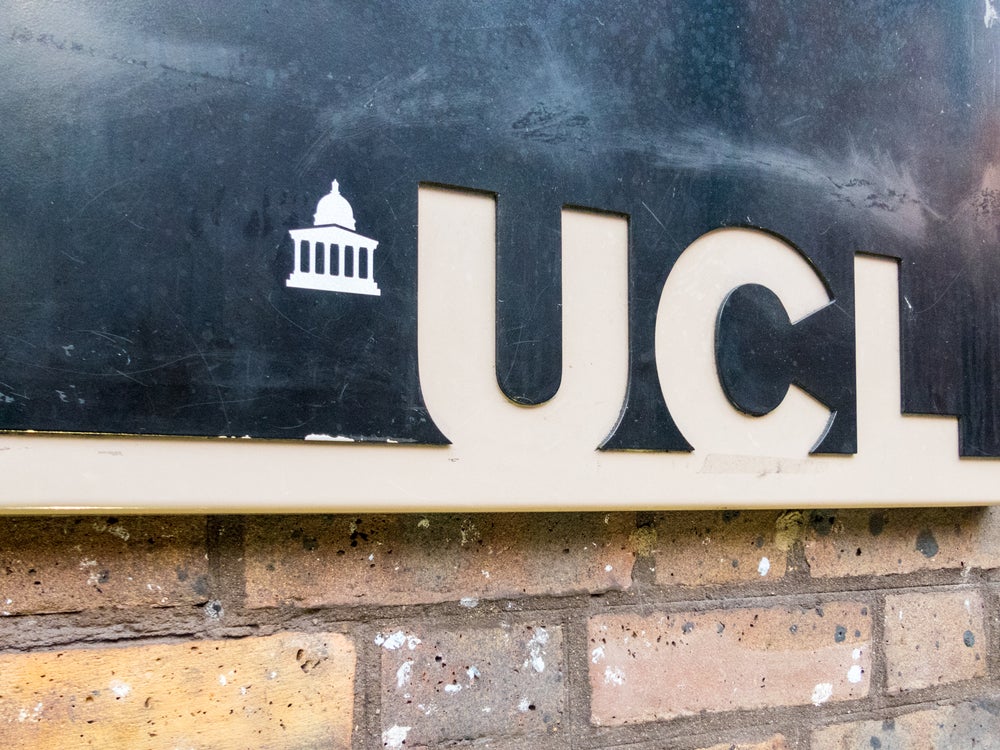
Science Card is creating a unique science funding infrastructure by collaborating with UK universities to enable users of its socially-conscious e-money current account app to directly support research projects in vital areas like healthcare, climate change and computing. And now it has teamed up with UCL’s Department of Mechanical Engineering. The project will be showcased for funding on Science Card’s platform when it officially launches in early 2024. This will be the first to enable UK people to directly contribute to impactful scientific research through everyday spending.
In the UK, over 1 million people are living with a neurodegenerative condition. This includes demyelinating diseases such as multiple sclerosis, Alzheimer’s, and Parkinson’s. Demyelinating diseases occur when the protective covering around nerve fibres, called the myelin sheath, is damaged.

Access deeper industry intelligence
Experience unmatched clarity with a single platform that combines unique data, AI, and human expertise.
Progress has been made in understanding neurodegenerative diseases. But there are currently very few approved treatments.
UCL research focuses on developing a novel technology that uses artificial fibres to mimic neuronal extensions. It enables new scientific discoveries in the treatment of neurodegenerative diseases to be unlocked. And it allows researchers to test potential treatments more effectively.
Emad Moeendarbary, Professor of Cell Mechanics and Mechanobiology at UCL said: “Neurodegenerative diseases pose an unprecedented challenge to our society. They affect millions of lives and placing an immense burden on families and healthcare systems. Despite advances in neurodegenerative research, a substantial gap in translational funding persists. This results in numerous therapeutic strategies stalling at the drug development stage and failing to reach the clinic. With the aid of Science Card, funds will be directly allocated to our research project. This will not only fuel new levels of innovation but will instil a newfound sense of confidence within our team.”
Science Card UCL: funding target of £0.5m
Science Card has partnered with Professor Moeendarbary to provide an overall funding target of £499,955 to this specific research project. Customers signed up to Science Card’s free e-money current account and Mastercard debit card will be able to support the project within its app, through direct contributions as well as round-ups from their everyday spending. Science Card is the first in the UK to enable people to directly contribute to scientific research through everyday spending.

US Tariffs are shifting - will you react or anticipate?
Don’t let policy changes catch you off guard. Stay proactive with real-time data and expert analysis.
By GlobalDataDaniel Baeriswyl, CEO, founder of Science Card, added: “I created Science Card to bridge the worlds of finance and innovation. And to ensure a more efficient flow of funds to groundbreaking research. This particular field of research is something I’m extremely passionate about. I can’t wait to showcase the project to our UK customers when we launch in just a matter of weeks.
Science Card set to launch – initial target of 30,000 customers
Science Card will launch initially in the UK with a targeted 30,000 customers. Its initial goal is to fund a £300,000+ research project in the first year. Future plans include expanding to Europe and the US through partnerships with top universities. It aims to reach over two million customers and fund millions in scientific research by 2028.







